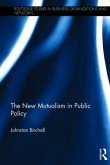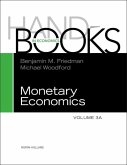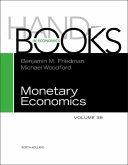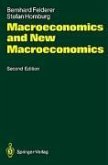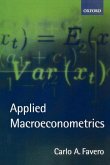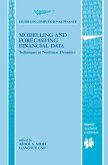This handbook aims to provide a survey of the stet of knowledge in the broad area that includes the theories and facts of economic growth and economic fluctuations, as well as the consequences of monetary conditions. Macroeconomics underwent a evolution in the 70s and 80s due to the introduction of the methods of rational expectations, dynamic optimization, and general equilibrium analysis into macroeconomic models, to the development of new theories of economic fluctuations, and to the introduction of sophisticated methods for the analysis of economic time series. These developments were both important and exciting. However, the rapid change in methods and theories led to considerable-disagreement, especially in the 80s, as to whether there was any core of common beliefs, even about the defining problems of the subject, that united macroeconomists any longer. The 90s have also been exciting, but for a different reason. Modern methods of analysis have progressed to the point where they are now much better able to address practical or substantive macroeconomic questions - whether traditional, new, empirical, or policy related. Indeed, it is no longer necessary to choose between more powerful methods and practical policy concerns. The editors believe that both the progress and the focus on substantive problems has led to a situation in macroeconomics where the area of common ground is considerable, though they cannot yet announce a "new synthesis" that could be endorsed by most scholars working in the field. For this reason this handbook is organized around substantive macroeconomic problems, and not around alternative methodological approaches or schools of thought. The extent to which the field has changed over the past decade is considerable. This work is a response to the need for the survey of the current state of macroeconomics.
Bitte wählen Sie Ihr Anliegen aus.
Rechnungen
Retourenschein anfordern
Bestellstatus
Storno



